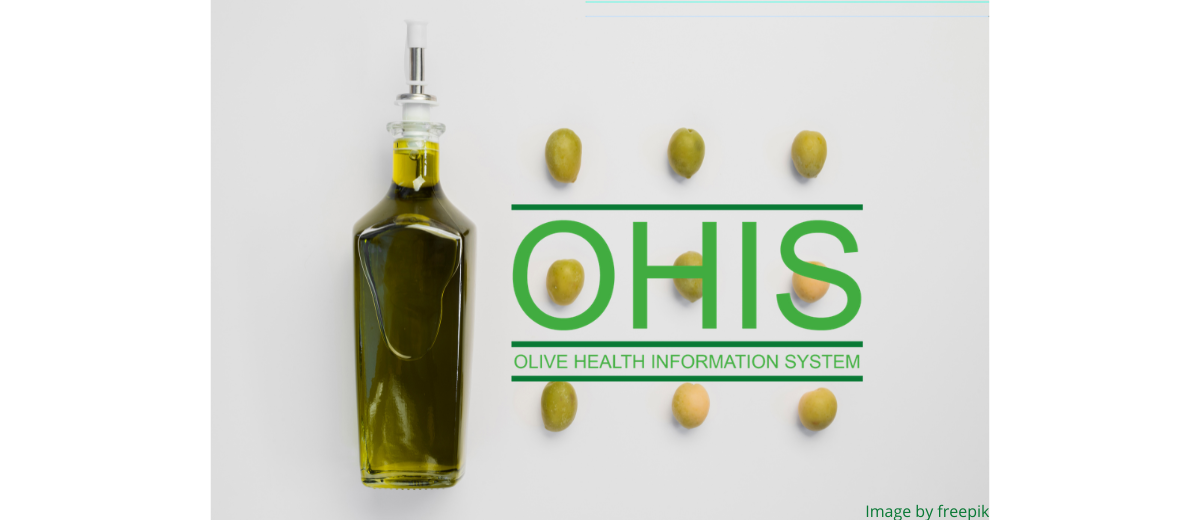The Executive Director of the International Olive Council, Mr Abdellatif Ghedira, was received on 26 September 2016 by His Exellency Mr Ghassan Abdel Rahim Odeh Majali, Ambassador of the Hashemite Kingdom of Jordan in Madrid.
On his first visit to the country’s embassy, Mr Ghedira highlighted the importance of Jordan within the Organisation, having been a member of the IOC since 2002.
Olives are one of the most important and oldest crops in Jordan, and an integral part of the everyday life and customs of Jordanian people. They are accordingly seen as an important national heritage. Between 15 and 20% of the 17 million olive trees in Jordan are close to 2000 years old. Having been planted during the Roman era, they are nicknamed “the Roman olive trees”. Olive growing is an important source of national revenue, and according to the data provided by the Ministry of Agriculture, approximately 80 000 Jordanian families are employed in the olive growing sector in Jordan. Olive trees, which are the subject of increasing interest in the country, cover approximately 72% of the total surface area allocated to fruit trees and 36% of agricultural land in Jordan.
This country, which held the Presidency of the IOC during the 2008/2009 campaign, is an active participant in the activities of the Organisation, namely through its project for the conservation, characterisation, collection and use of the genetic resources of olive trees, participating in seminars, courses and workshops, and by contributing to different working groups (statistics, value chains, etc). Four Jordanian sector representatives also sit on the IOC Advisory Committee on Olive Oil and Table Olives.
The Executive Director took the opportunity to present the new International Agreement on Olive Oil and Table Olives and explained its new features, as compared to the previous agreement, in particular in relation to offering consumer countries the option of becoming IOC members, internal restructuring and the review of procedures. Mr Ghedira also recalled that the member countries has been invited to submit their instrument of ratification for the new Agreement with the Depositary (UN in New York) before the end of 2016 or, if that is not possible, to notify its provisional implementation as of 1 January 2017.
The Executive Director also informed the Ambassador of upcoming courses, workshops and meetings (namely the 104th session of the Council of Members from 22 to 25 November) and of the programmes for the recognition of physico-chemical analysis laboratories and tasting panels. He added that the IOC is offering grants to its member countries for the celebration of World Olive Day on 26 November. He also discussed the IOC’s participation in COP22 and the role of olive growing in mitigating the effects of global warming.
For his part, the Jordanian Ambassador witnessed to his country’s interest in the Organisation and thanked the Executive Director for his visit, undertaking to transmit the information regarding the ratification of the Agreement to the relevant national authorities.
.










